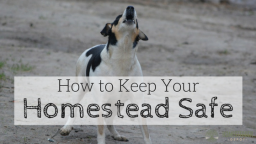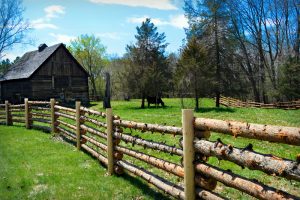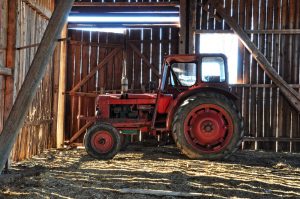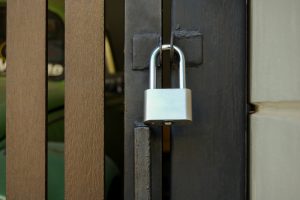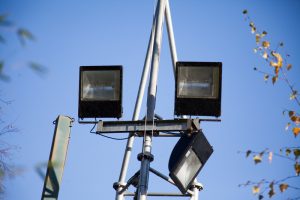It is a very common assumption that urban centers tend to be much more toxic and polluted than rural communities or wilderness. And there’s good reason to think this. Cities have far more toxic emissions from the many vehicles that go in and out of the city every day, the high concentration of factories, plants, and refineries, the shere volume of people densely populating our nation’s major urban centers.
It is true that there is much pollution in cities, as anyone who’s ever overlooked the Los Angeles basin on a sunny day can attest. Cities produce a huge amount of exhaust, fumes, sewage, debris, and require a high amount of energy to power.
So, many people desire to live a simpler life in a rural area for this reason. It certainly seems like one of the many benefits to living in a much less populated area would be to live in pristine, untouched wilderness. And in many ways, you will be exposed to less pollution if you live in the country, certainly.
But this isn’t always the case. Sometimes, sadly, rural areas are exposed to high concentrations of pollutions that city dwellers aren’t. For example, many rural areas can have highly polluted water tables, either from agricultural runoff or waste from a chemical plant, factory, or refinery.
There is also the very serious issue of polluted lakes, rivers, and streams. Pollution produced in more urban areas often gets dumped in rural areas, unfortunately. Lawmakers tend to live in cities, and don’t mind passing legislation that puts country dwellers at more risk of exposure to pollution than their urban constituents.
So is life in the country just as toxic?
It all depends.
Before you decide to move to a certain area, do your research. These days, there are many organizations that research national pollution levels, and you can also easily gain access to information regarding what sorts of factories or refineries there are in your area. Check with local environmental groups in the areas you are considering to find out what sorts of pollutants you’re up against.
At the end of the day, there are still so many benefits to living in the country. Being away from high levels of radiation, crime, city ordinances against raising animals or gardening, etc., are just some examples. The peace, freedom, community, and self-reliance might all be worth it to you, and hey, there’s always going to be less smog in the country. That’s a guarantee.
If you enjoyed this, you might also like….

